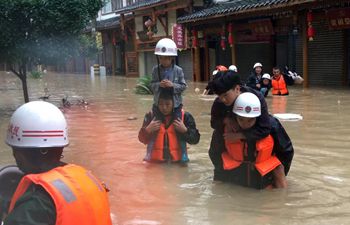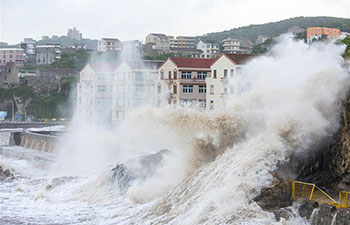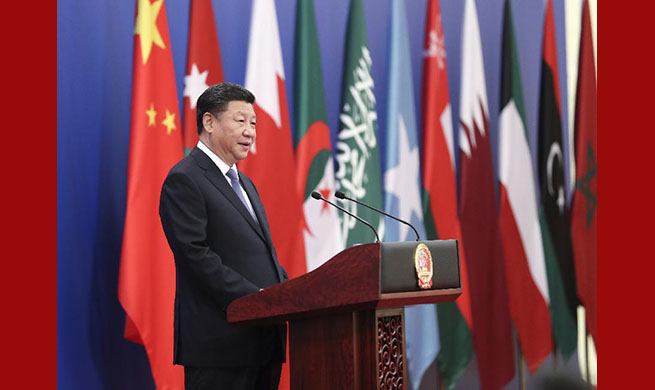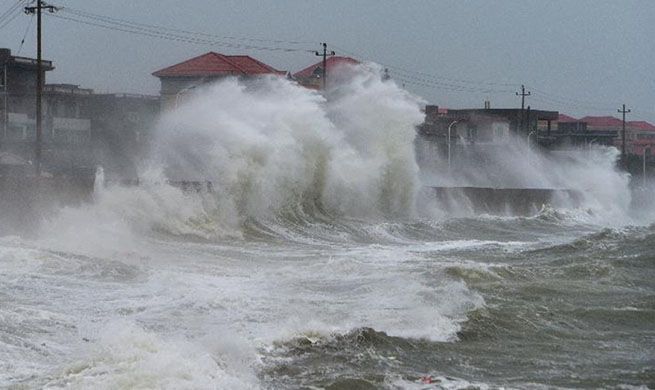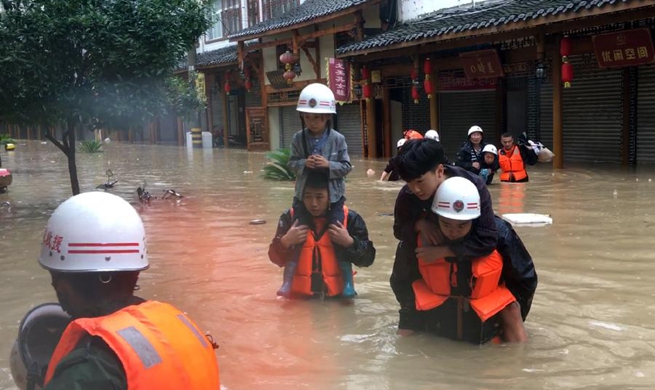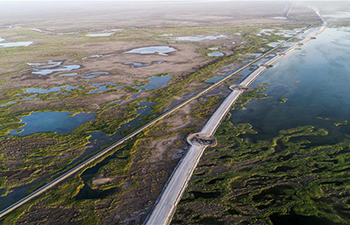UNITED NATIONS, July 11 (Xinhua) -- UN Deputy Secretary-General Amina Mohammed on Wednesday highlighted the link between climate change and international peace and security.
"The impacts of climate change go well beyond the strictly environmental. Climate change is inextricably linked to some of the most pressing security challenges of our time," she told the Security Council in a high-level debate on climate-related security risks.
"It is no coincidence that the countries most vulnerable to climate change are often those most vulnerable to conflict and fragility."
Fragile countries are in danger of becoming stuck in a cycle of conflict and climate disaster, she said. "Where resilience is eroded, communities may be displaced and exposed to exploitation."
Mohammed, who has just returned from a joint UN-African Union mission to South Sudan, Niger and Chad, took the Lake Chad region as an example.
The drastic shrinking of Lake Chad by more than 90 percent since the 1960s has led to environmental degradation, socio-economic marginalization and insecurity affecting 45 million people, she said. "Exacerbated competition over scant resources and the vicious cycle of risk and vulnerability have decreased the resilience of populations to cope with humanitarian crises."
Declining economic activity and agricultural loss have led to a lack of employment opportunities across the region. The resulting socio-economic marginalization has exposed populations, in particular the young, to the risk of violent extremism and provided breeding ground for recruitment by terrorist groups such as Boko Haram, said Mohammed.
The Boko Haram insurgency in northeast Nigeria and neighboring countries of Cameroon, Chad and Niger has left over 10 million people displaced and resulted in massive destruction of basic infrastructure, health and educational facilities, commercial properties, private homes and agricultural assets, noted Mohammed, a Nigerian.
The multidimensional nature of this crisis underlines the complex relationship between climate change and conflict. Climate security risk assessments and reporting from local, national and regional levels should be considered as an early warning for conflict prevention, she said.
"We must understand climate change as one issue in a web of factors that can lead to conflict, can exacerbate conflict. Within this web, climate change acts as a threat multiplier, applying additional stress on prevailing political, social and economic pressure points."




